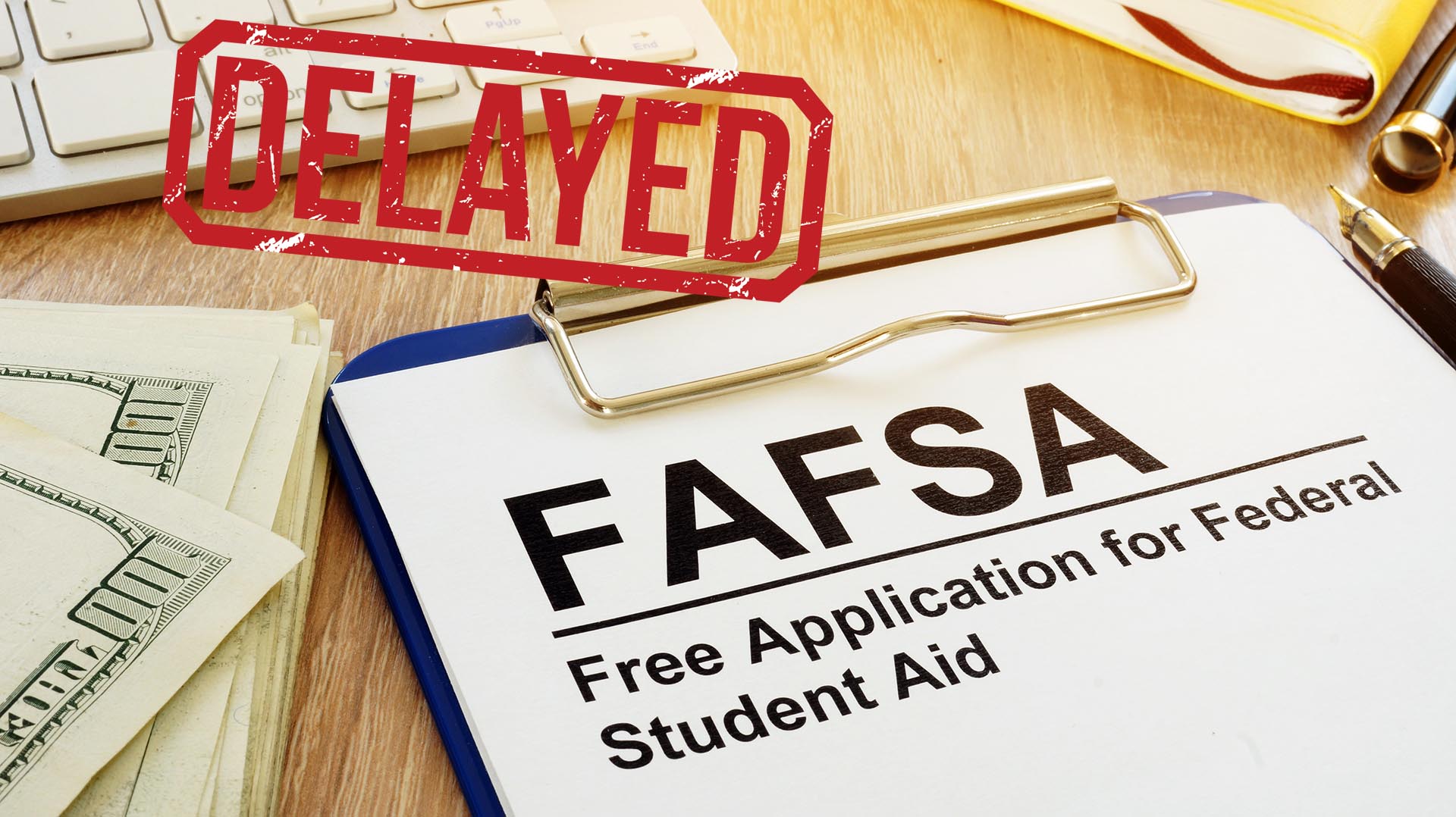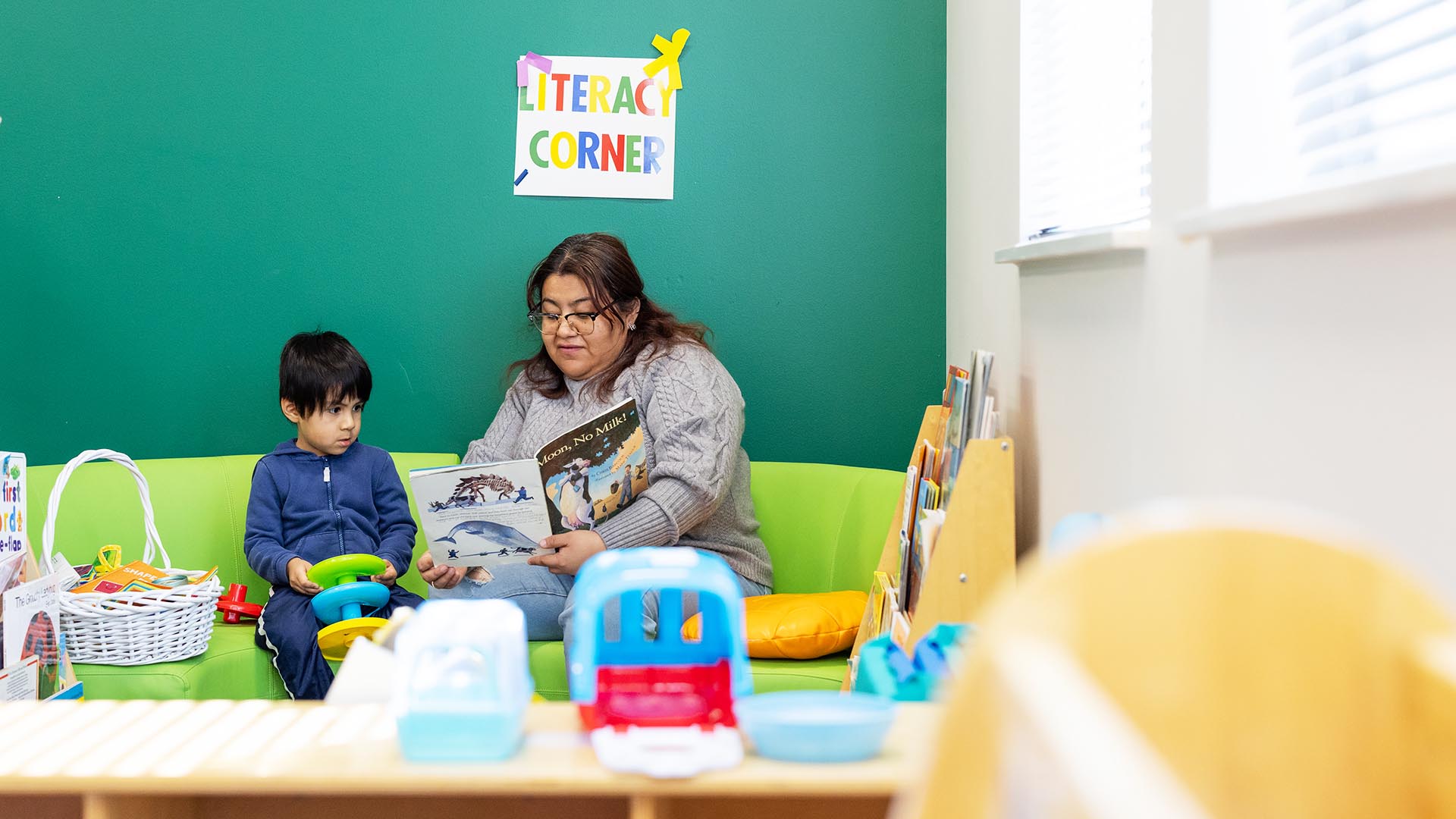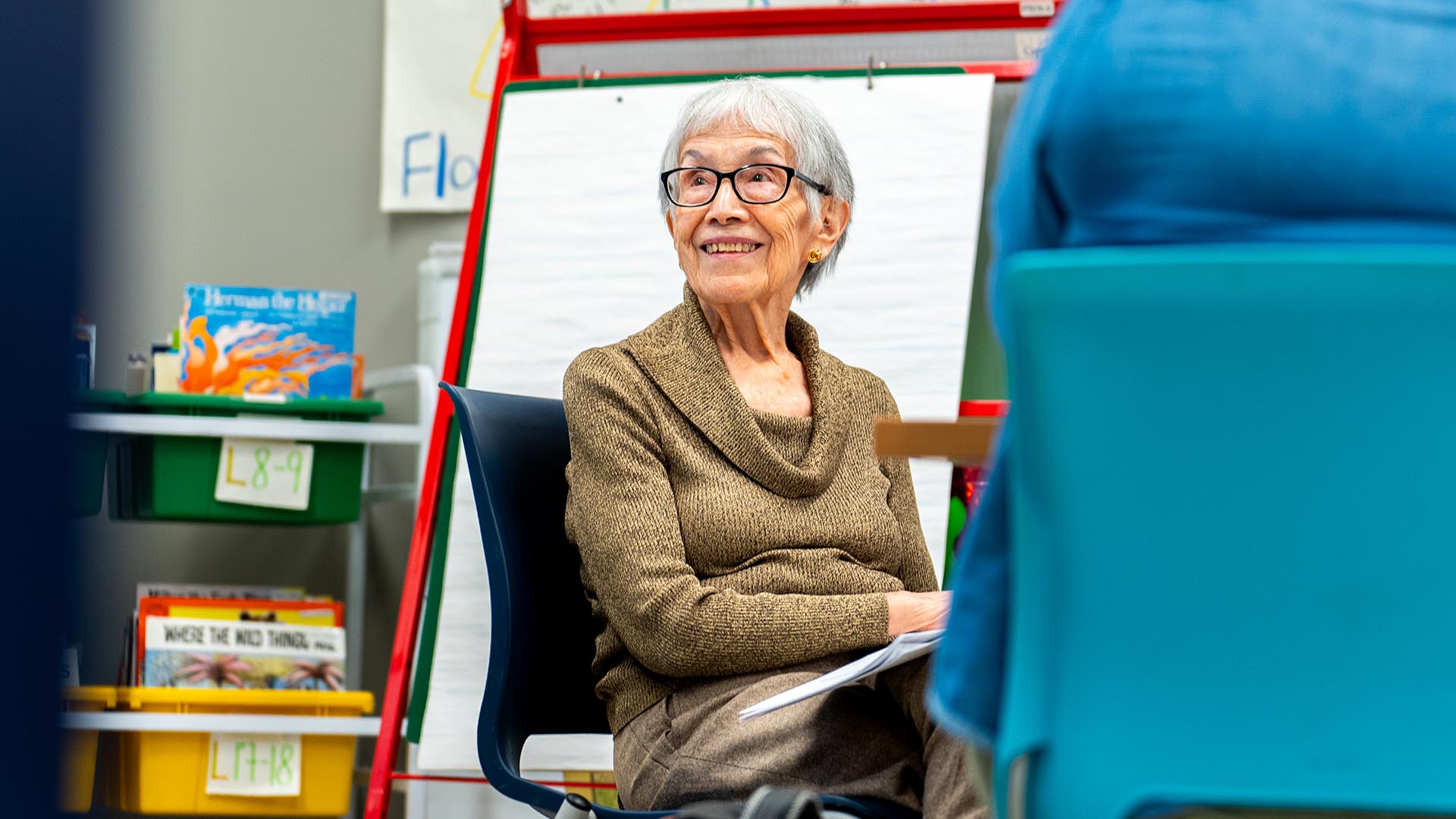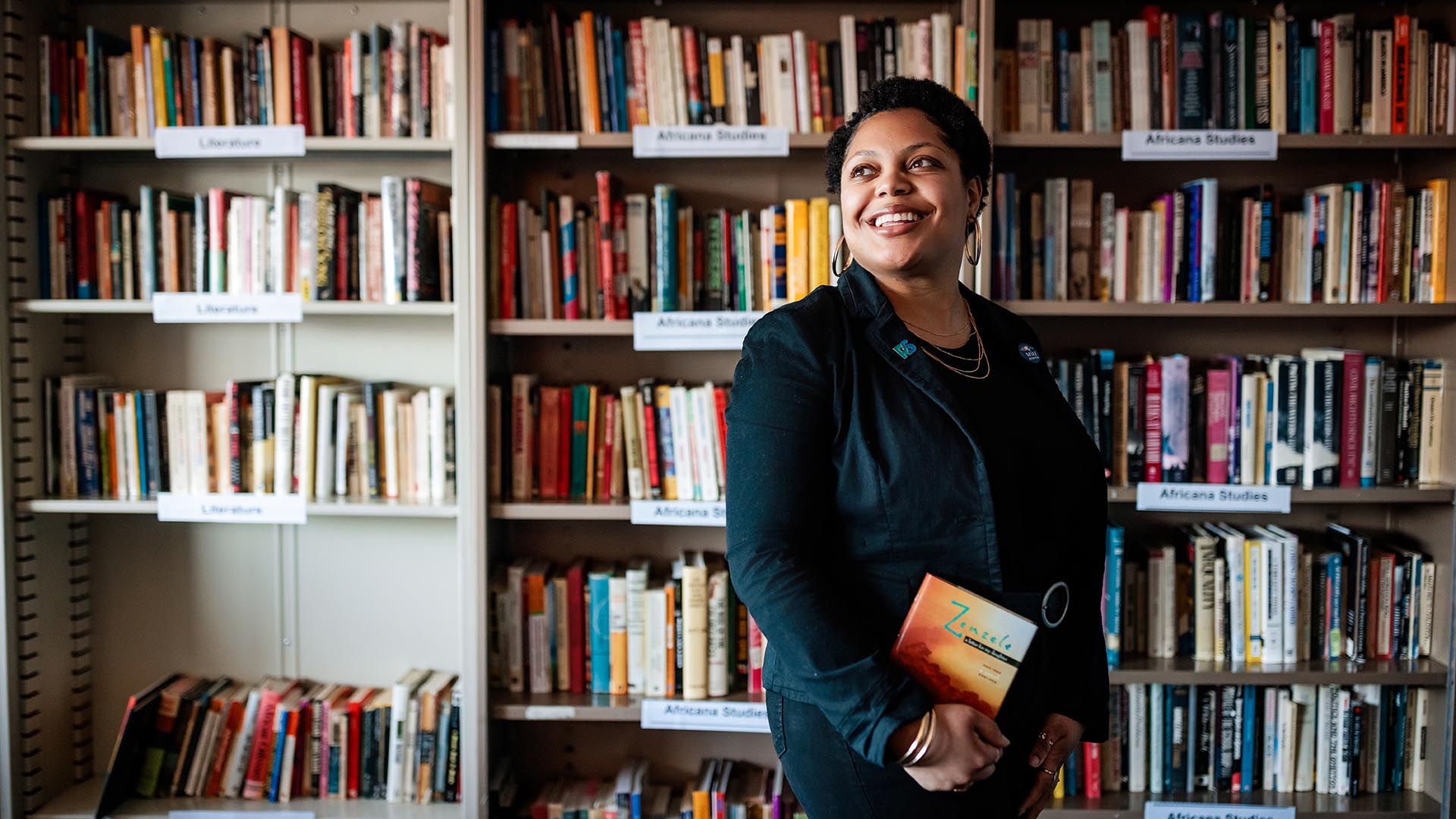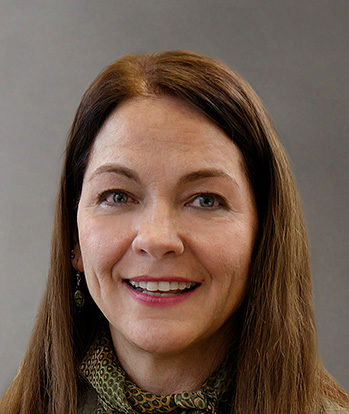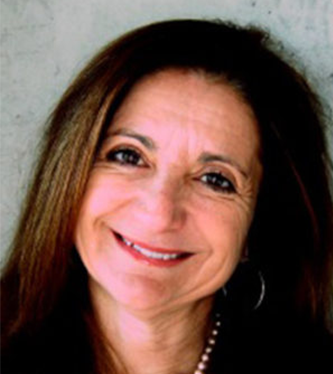Independent students are on the rise at MSU Denver. This program provides support
With the success of Epic Scholars comes a need for expansion to help everyone who qualifies for its services.
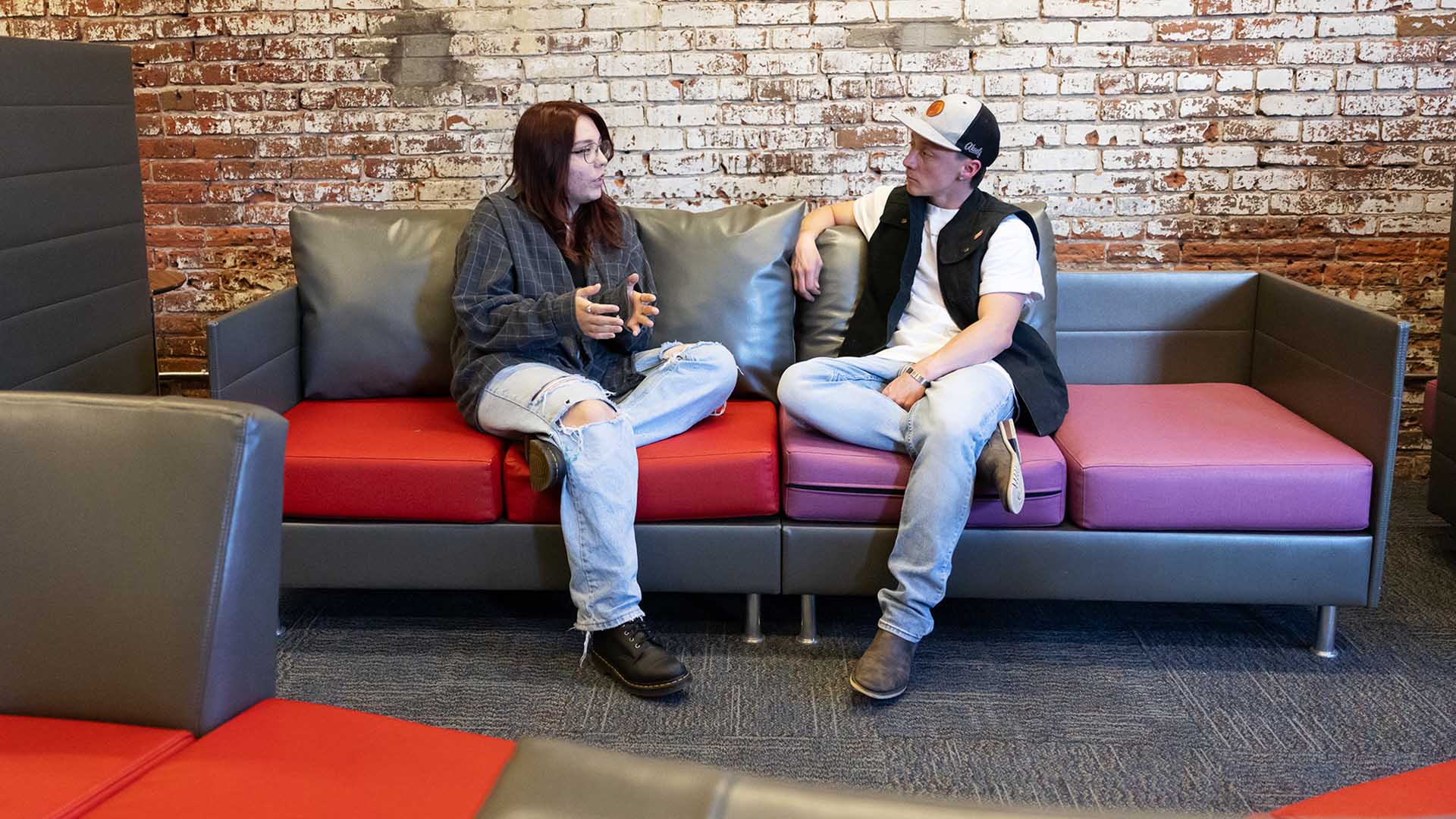
Alex Flores, a first-year student at Metropolitan State University of Denver, is often just trying to survive.
“I have to work with a lot of circumstances most people don’t,” said Flores, who uses they/them pronouns. “And it’s like, ‘OK, how do I complete a midterm if I’ve just read my friend’s autopsy report and then had a seizure in the same day?’ And then, I wake up the next day and go to class.”
Students such as Flores are classified as independent: those who lack a parental support system, have been emancipated, are unaccompanied and/or are former foster youth. They can also face food and housing insecurity and mental and physical health problems.
With the passage of the Higher Education Support for Foster Youth Bill in 2022, the number of these students has increased at MSU Denver, said Miguel Huerta, an affiliate faculty member in Social Work and Epic Scholars coordinator and case manager at MSU Denver. The bill allows independent students in Colorado to attend public colleges and universities at no cost, but many students who qualify aren’t aware that they receive this benefit.
“MSU Denver and Epic Scholars have endorsed and testified in support of this bill that helps Colorado catch up to the majority of states in the U.S. with support for former foster youth,” Huerta said. “Unfortunately, we still have a way to go to get them what they deserve and need to succeed.”
The Epic Scholars program at MSU Denver provides wraparound support for independent students such as Flores. However, the program can serve only 50 students at a time. That leaves just under 300 additional independent students who could benefit from the program if the funds were available, said Huerta.
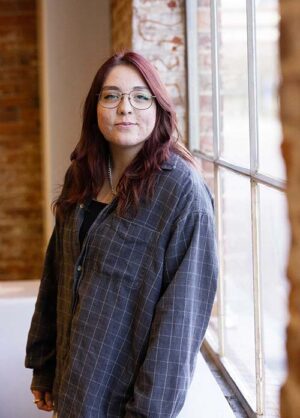
Community of care
About a third of Epic Scholars consist of former foster youth. These students have a higher chance of being arrested or homeless than to graduate from high school, and the chances of graduating from college are marginal. Coloradans who enter foster care have about a 30% chance of graduating from high school within six years, a 13% chance of enrolling in college and a 3% college graduation rate, according to the Common Sense Institute.
RELATED: Refuge in education
The Epic Scholars program, which launched in January 2018, provides independent MSU Denver students with $1,000 per year in financial support and services to help address food and housing insecurity, provides academic support and career preparation and gives students access to resources for improving their physical and mental health.
“Over the years, informally and in our research, Epic Scholars have repeatedly named the importance of this community and support system for their academic, personal and professional success,” said Huerta. “Providing a holistic support system for students who have faced similar issues is one of the most critical ways to get independent students not just to graduation and build the confidence to be successful after.”
In the 2021-23 Epic Scholars Annual Report, an overwhelming number of responses indicated that the program provided a strong, positive connection for its members while also providing a positive relationship to the University. In the 2021-22 academic year, 98% of Epic Scholars maintained good academic standing, compared with other independent students at 42%.
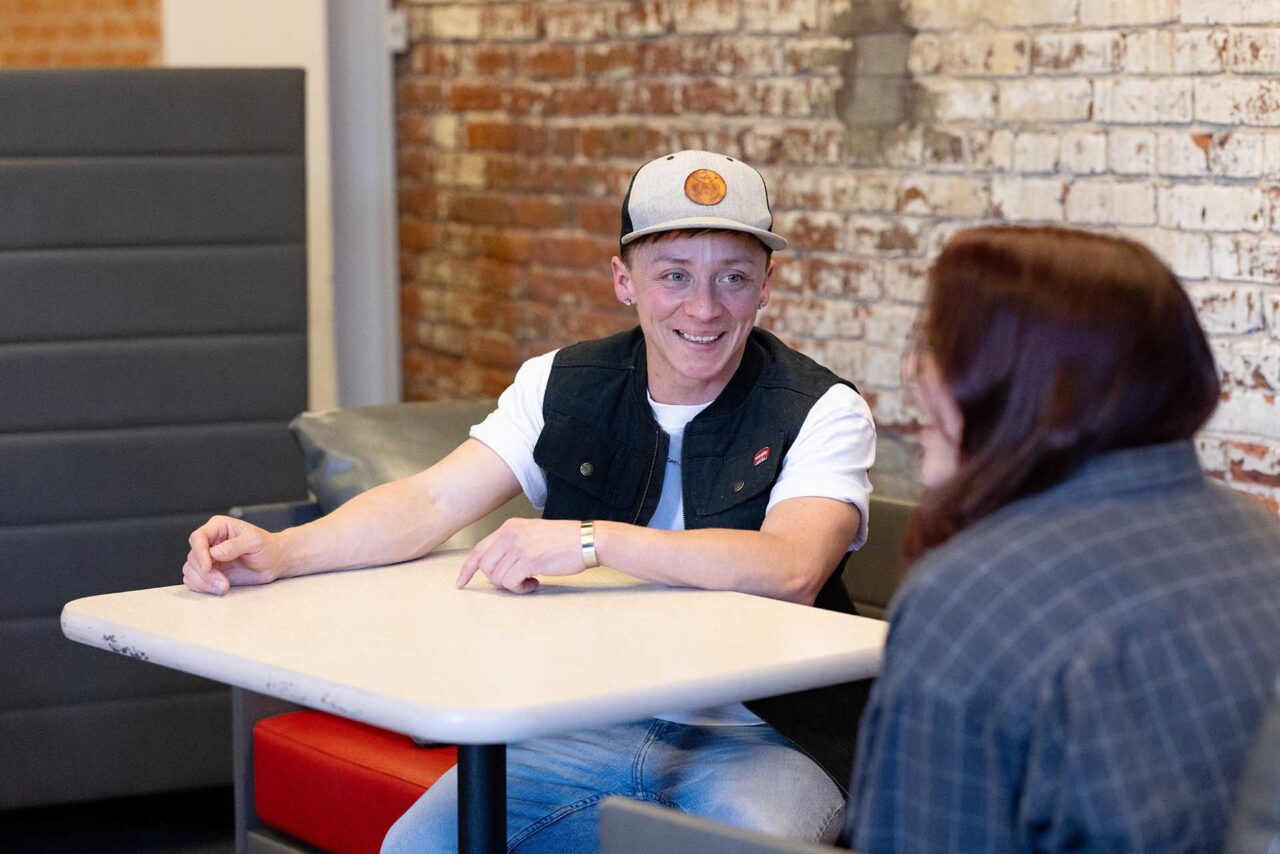
Aksel Silva, a sophomore majoring in Construction Management and an Epic Scholars Peer Leader, is proof that the program works.
Silva went into foster care when he was around 11. After switching high schools seven times, Silva earned his diploma, was emancipated at age 18 and almost immediately became homeless. Next, he spent eight years in the Army and stopped out of college three times. Silva finally found success in the Epic Scholars program at MSU Denver, where he has been thriving ever since.
“Everybody has the power to be great,” Silva said. “Having tangible benefits is nice and helpful, but at the end of the day, having people there who know and understand and want the best for you makes (academic success) come easier. When the mind and body aren’t right, the tangible benefits mean nothing.”
RELATED: With inflation soaring, more college students struggle with food insecurity
According to the report, more than 80% of responses indicated that the program increased a sense of community among students, and 95% of Epic Scholars who responded believe they are “a capable student and will successfully graduate.”
|
Support the Epic Scholars Program Make a donation to ensure independent students at MSU Denver continue to have access to the services they need.
|
|
Flores, who has also benefitted from public support services from places such as Urban Peak and Cobbled Streets, wants to see the program grow under the leadership of the newly formed Community Advisory Board.
“I think that everybody deserves a chance (to be included in the program),” Flores said. “Everybody deserves help when they ask for it because it’s hard enough to ask for help or to need help. I think everyone deserves to get their needs met.”

